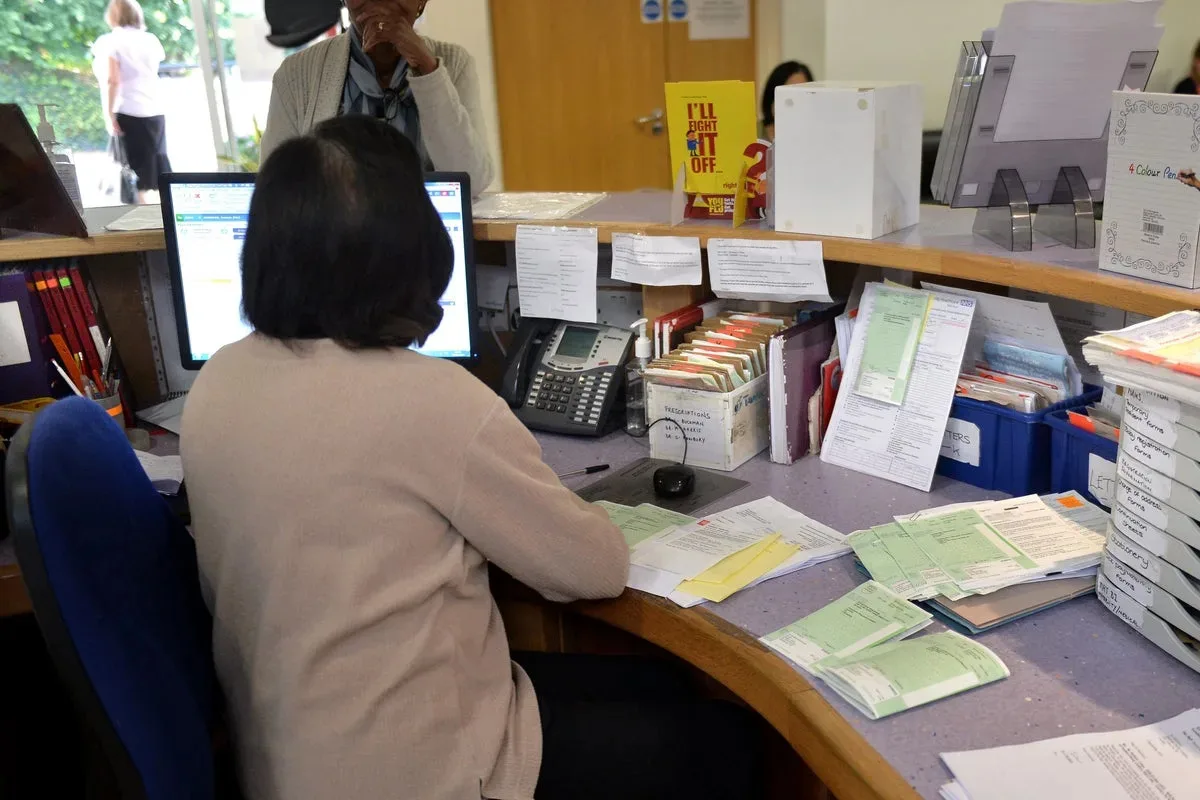A new NHS England policy requiring all routine GP appointments to be bookable online has ignited a fierce debate, with doctors warning it ignores staff shortages and capacity issues while the government pushes for digital access.

October 2, 2025

Source:
Yahoo News NZ
NHS Policy on Digital Access Sparks GP Backlash
A contentious new policy from NHS England requiring GP practices to make 100% of their routine appointments bookable online has drawn sharp criticism from doctors. The policy, part of a wider digital transformation strategy, has led to threats of industrial action by the British Medical Association (BMA).
The move is designed to improve patient access and cut down on busy phone lines. However, many general practitioners argue the policy fails to address the core issue plaguing primary care: a critical shortage of appointments and clinical staff.
The Central Conflict
The debate centers on whether the booking method is the real barrier to patient access. While officials champion the efficiency of digital systems, GPs on the frontline insist the problem lies with capacity.
Martin Giebner, a prominent voice in the debate, argues the focus should be on the "mismatch between patient demand and appointment capacity," not the booking technology itself. This sentiment is echoed by many in the field who feel the new mandate imposes a technological solution on a resource problem.
Keep up with the story. Subscribe to the PR+ free daily newsletter

Source:
Debating Efficiency Against Capacity Limits
Proponents of the online system maintain that it is a vital tool for modernizing primary care. They argue that digital booking can significantly improve practice efficiency.
Targeting Routine vs. Urgent Care
According to Jonathan Hauxwell, online systems can better target appointments. His view is that routine matters, which do not require clinical triage, can be easily self-booked by patients online. This process has several intended benefits:
Frees up reception staff from handling simple booking calls.
Allows staff to focus on triaging patients with urgent health concerns.
Ensures that clinically critical cases are prioritized effectively.
However, opponents argue this overlooks the reality that demand far outstrips supply. Even with a more efficient booking process, patients will still face a system with too few available slots, simply shifting the bottleneck from the phone to the website.
Read More

Source:
Share this news:




















